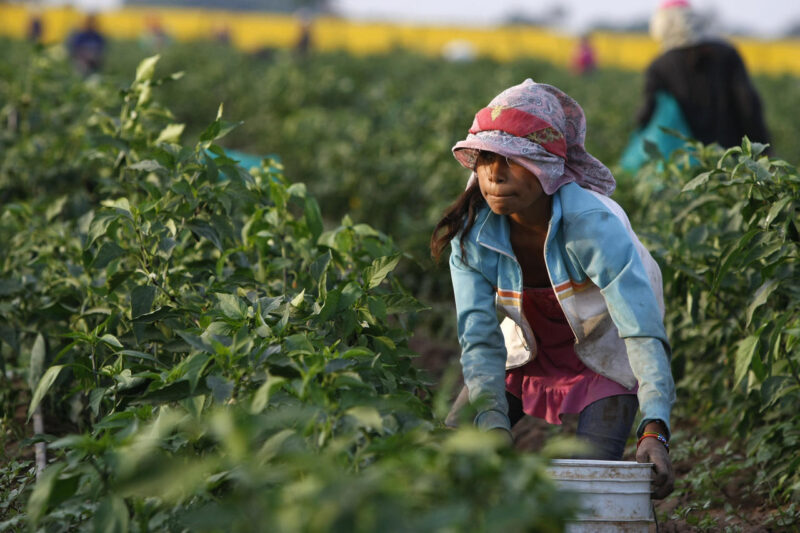
About Ensenada
Less than two hours from San Diego, down the Baja California peninsula sits Ensenada, a small port town with a population of 444,000 and all the charms of Mexican culture. Nicknamed by locals La Cenicienta del Pacifico (“The Cinderella of the Pacific”), tourists flock to Ensenada to enjoy its vast expanse of stunning shoreline, rocky cliffs overlooking the dark blue Pacific, and marine sports like deep sea fishing. But beyond the beachfront condominiums, and the taco stalls and souvenir shops catering to the cruise ship tourists, approximately one mile from the coast is another side of Ensenada that many tourists never see. Here, where the majority of locals live, life is not postcard picturesque. Most of the locals live below the poverty line, working in fields and earning approximately $26 per day. Mexico is not a self-sustaining country and relies on aid from foreign countries to maintain its struggling economy. Manufacturing is an important industry in the Baja California peninsula, but most manufacturing companies are foreign companies that have established a presence to take advantage of low labor costs. Even with this industry growing, most people work in the fields supporting the large agricultural industry. Ensenada is the number one national producer of onions and flowers for Mexico, and is also a significant producer of strawberries, cotton, grapes and other produce for the nation. Locals typically work long days in these fields from sunrise to sunset, six days a week, and often have to walk 30 minutes or more to and from the fields where they work. Many locals struggle to get safe, clean housing. It is not uncommon in Ensenada to see people living in cardboard boxes, burned out vehicles, or in the streets, completely unsheltered. Many who do have homes live in substandard structures with dirt floors and leaking roofs. It is here that we work amongst and alongside the locals, building homes and sharing God’s Word, helping them discover, or rediscover, a relationship with Him. With our partner organizations, we identify families who have an immediate need for shelter and who meet the basic criteria. We work hand-in-hand with these families to build the foundation for a brighter, more stable tomorrow.